Travel Etiquette in Islam Everyone Should Follow!
Traveling is one of life’s greatest joys, offering the opportunity to explore new cultures, meet diverse people, and broaden our horizons. However, amidst the excitement of discovery lies an essential aspect that often gets overlooked: travel manners. For Muslim travelers, understanding and practicing travel etiquette rooted in Islamic principles can transform a journey into a spiritually enriching experience while fostering respect for local customs and traditions.
Islamic travel etiquette not only reflects your personal beliefs but also serves as a bridge between cultures. In this article, we will delve into key practices every traveler should consider while exploring the world around them—ensuring that each adventure is not just enjoyable but also respectful and enlightening.
Travel Etiquette in Islam
Pray Salat ul Istikarah
One of the most important travel etiquette tips is to perform salat ul Istikharah before starting a journey. One should perform the two rak’ahs as Istikhara prayer for guidance and protection during throughout the journey.
Write a Will before Starting a Journey
It is recommended for a traveller to write a will before starting the journey, detailing personal rights and matters. Otherwise, he will be accountable for his matters, dies during travel.
Seek Permission from Parents
It is essential travel etiquette for a traveller to seek permission from his parents before starting a journey. If the parents give their consent, then the journey can proceed; otherwise, the travel should be refrained from. (Abu Dawood: 2530)
Arrange Breadwinning for Family
A traveller should arrange for the provision of food and expenses for his family before starting a journey. It is obligatory for a husband to provide breadwinning and fulfill the needs of his wife and children.
Never Traveling Alone
One should avoid traveling alone. A traveler should choose a better companion with him while traveling. Moreover a woman can not travel alone in Islam. The Prophet (peace and blessings of Allaah be upon him) said:
“If people come to know of the difficulties of loneliness, I do not think that a rider will travel alone at night.” (Sahih Bukhari: 2998).
Take Your Wife with You
It is important travel etiquette that a traveler should take his wife with him, if it is possible. If he has more than one wife and wants to travel with one of them, he should make a draw between them and take the wife, whose name comes in the draw, with him. This was the practice the Prophet Muhammad (peace be upon him). This method ensured fairness and allowed each wife an opportunity to accompany with you on your travels, reflecting your consideration and respect for her feelings and wishes. (Sahih Bukhari: 2593).
Recite Supplication for Journey
It is Sunnah to recite the recommended supplications when setting out for a journey and sitting on a vehicle These supplications aid to seek Allah’s protection and guidance throughout the journey, emphasizing reliance on Allah for safety and success, express gratitude for the means of travel and acknowledges Allah’s control over all things.
Start the Journey on Thursday
Thursday is the best day to travel in islam. It is recommended to start the journey on Thursday. According to Ka’b ibn Maalik( may Allah be pleased with him), the Prophet (peace and blessings of Allaah be upon him) used to travel very rarely on days other than Thursdays. (Abu Dawood)
Don’t Carry Dogs with You
It is important travel etiquette for the traveler not to carry bells, flutes or other such devices with his caravan. The Prophet (peace and blessings of Allaah be upon him) said: “Angels do not accompany a caravan with dogs or bells.” (Sahih Muslim: 2114)
Choose Your Leader
It is mustahabb for travelers to select one of them as leader so that they can reach the destination well in his guidance. The Prophet (peace and blessings of Allaah be upon him) said: “When people go out on a journey, make one of them guide.” (Sunan Abu Dawud: 2609)
Recite Supplication for Resting on the Way
If the travelers have to stop at some place for the purpose of rest, then stay together and do not be far away. They should recite the recommended supplication for stay during journey. The Prophet Muhammad (peace be upon him) explained that by reciting this supplication, no harm would come to the person as long as they remain in that place. (Sahih Muslim: 2709)
Travel in Early Night
It is recommended to travel at night, especially in the early night. The Prophet (peace and blessings of Allaah be upon him) said: ” Keep to traveling in the darkness of the night, for in the night the earth is covered more easily.” (Sunan Abu Dawud: 2571)
Return after Completion of Purpose
After fulfilling the purpose of travel, one should hasten to return to their homeland. Many hadith highlight the discomfort and challenges associated with travel and encourages returning home promptly when one’s purpose is achieved. The Prophet Muhammad (peace be upon him) said:
“Travel is a part of punishment that prevents a person from eating and drinking and sleeping. When your purpose is completed, return to your family soon”. (Sahih Bukhari: 1804)
Avail the Concessions Provided by Shariah
A traveler should take advantage of the concessions provided by Shariah during travel, such as shortening the prayers, extending the time for wiping over the socks, and breaking the fast during the days of fasting. This is because the Prophet Muhammad (peace be upon him) said,
“Allah loves that His concessions be accepted, just as He dislikes disobedience.” (Musnad Ahmad).
Perform Salah upon Returning
One travel etiquette for a traveller upon returning from a journey is to go to their local mosque and perform two units of prayer. This practice is based on the example of the Prophet Muhammad (peace be upon him), who would first go to the mosque and offer two units of prayer upon returning from a journey. (Sahih Bukhari: 443).
Make Dhikr during Travel
During travel, a person should make Dhikr and abundant supplications, as it is a significant time for the acceptance of prayers. The Messenger of Allah (peace be upon him) said, “Three supplications are answered without a doubt: the supplication of the oppressed, the supplication of the traveller, and the supplication of a father against his child.” (Abu Dawood: 1536).
Conclusion
In conclusion, adhering to travel etiquette in Islam not only enhances the experience for the traveler but also fosters respect and understanding among diverse cultures. By embracing principles such as companionship, generosity, communication and mindfulness, Muslims can exemplify their faith while exploring the world. It’s essential to remember that every interaction during our journeys can reflect our values and beliefs. Therefore, being conscious of our behavior and making an effort to connect with others can leave a lasting positive impression.

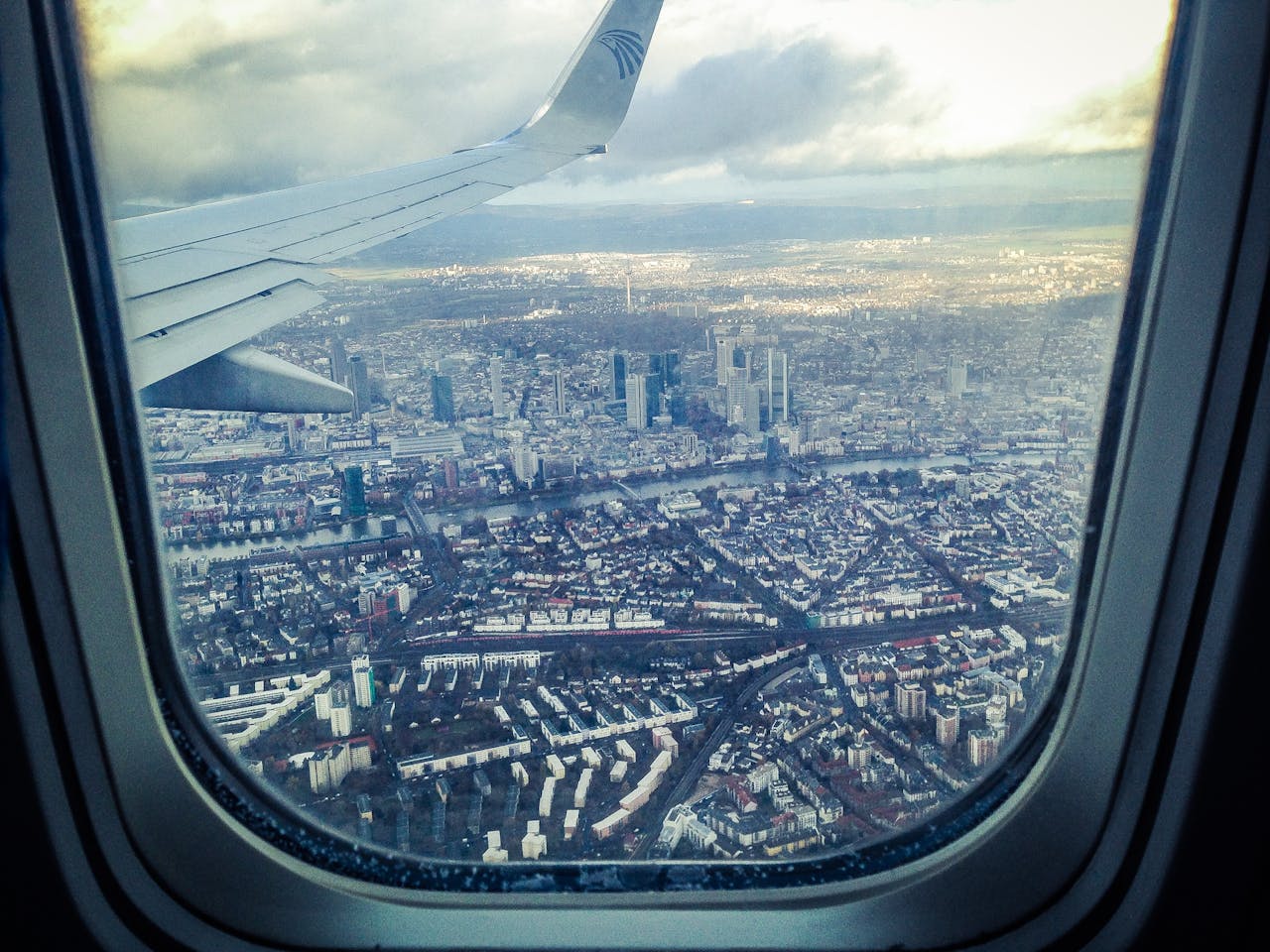
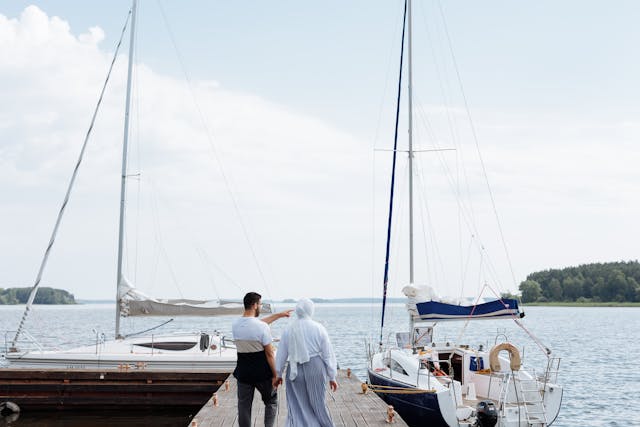
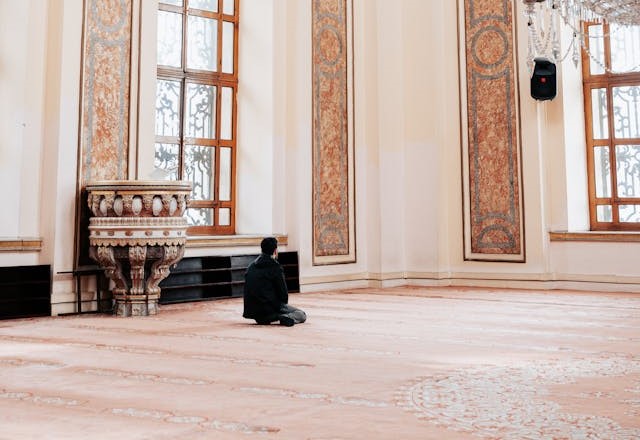

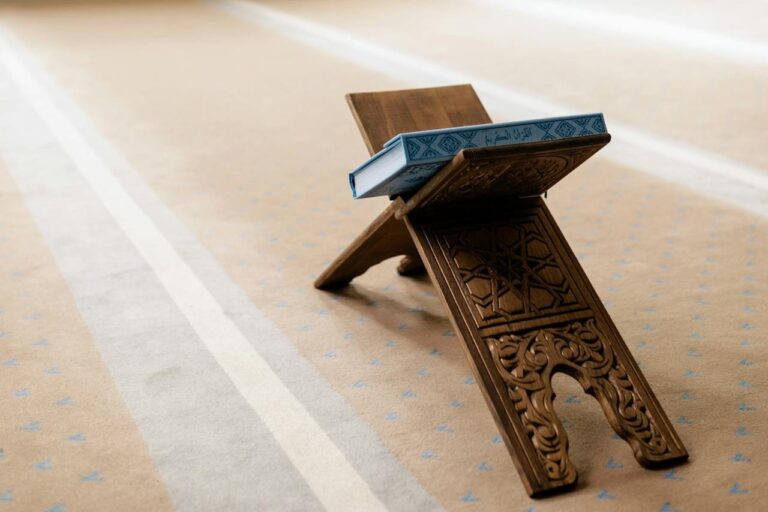


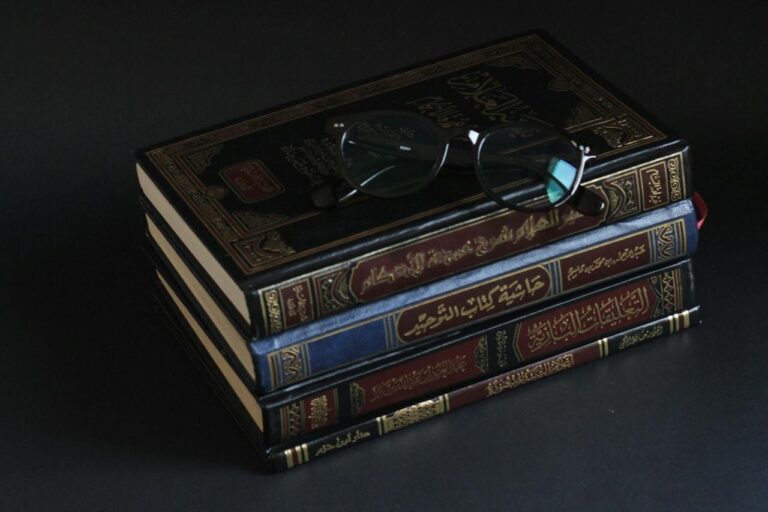


3 Comments
Comments are closed.